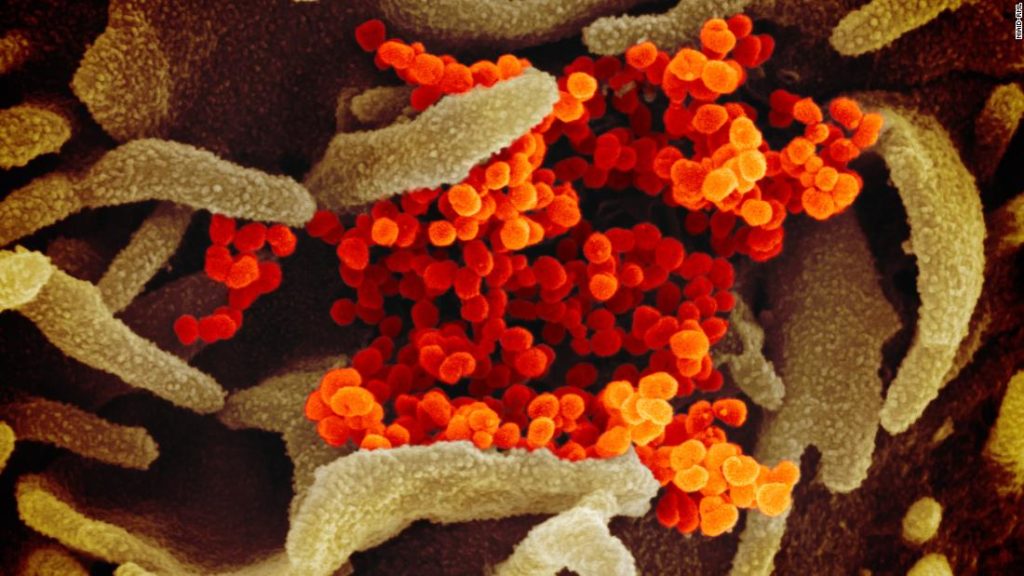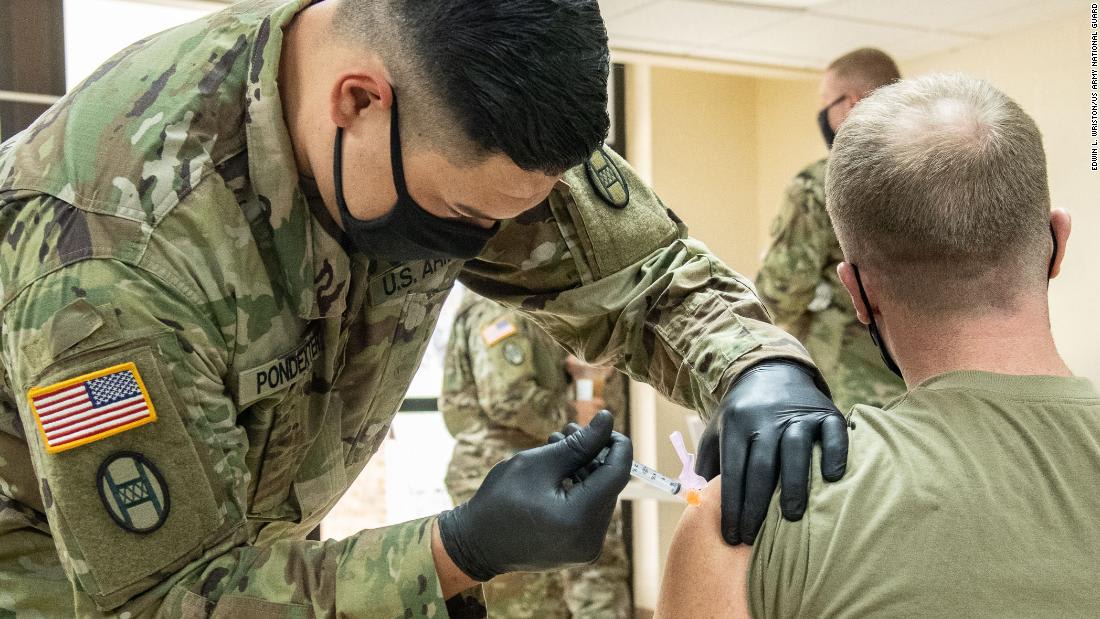New research out this week provides reassuring evidence that people vaccinated against coronavirus will be protected against emerging new variants of the virus.
Two teams tested two of the new variants against blood taken from people who had received the full two-course dose of either the Moderna or the Pfizer vaccine.
While the mutations in the new variants of the virus — one first seen in Britain, and another first identified in South Africa — did allow them to evade some of the immunity induced by vaccination, it was far from a complete escape, the two teams reported separately.
A team led by Dr. Michel Nussenzweig of the Rockefeller University tested plasma taken from 20 people who got two doses of either the Pfizer/BioNTech or Moderna vaccine as part of clinical trials.
They found the vaccines produced strong antibody responses, as well as cells that keep producing new antibodies for months or years.
“We measured their antibody responses to the wild-type virus. Then we took their plasmas and measured them against the variants,” Nussenzweig told CNN.
Wild-type virus is the catchall name for virus generally circulating that is not changed enough to be designated a variant.
Different mutations in the viruses did allow some escape from some types of antibodies, but the bodies of the volunteers threw an army of different types of antibodies at the viruses, the team reported in a pre-print study — not peer reviewed — published online.
“When you start putting all these mixtures of antibodies together, what it means is that together they can take care of the variants,” Nussenzweig said. Even though they had a reduced effect, overall the response was so overwhelming that it should not matter, he said.
“What we really want to do with these vaccines is keep people out of the hospital. They are extremely likely to do that, irrespective,” Nussenzweig added.
Eventually, the vaccines should be updated — but the new mRNA vaccines made by Pfizer and Moderna can be changed very quickly. “Should the vaccines be tweaked?” he asked. “Probably — but that doesn’t mean that they won’t be effective.”
Read the full story:
You may also like
-
UK coronavirus variant has been reported in 86 countries, WHO says
-
NASA technology can help save whale sharks says Australian marine biologist and ECOCEAN founder, Brad Norman
-
California Twentynine Palms: Explosives are missing from the nation’s largest Marine Corps base and an investigation is underway
-
Trump unhappy with his impeachment attorney’s performance, sources say
-
Lunar New Year 2021: Ushering in the Year of the Ox


